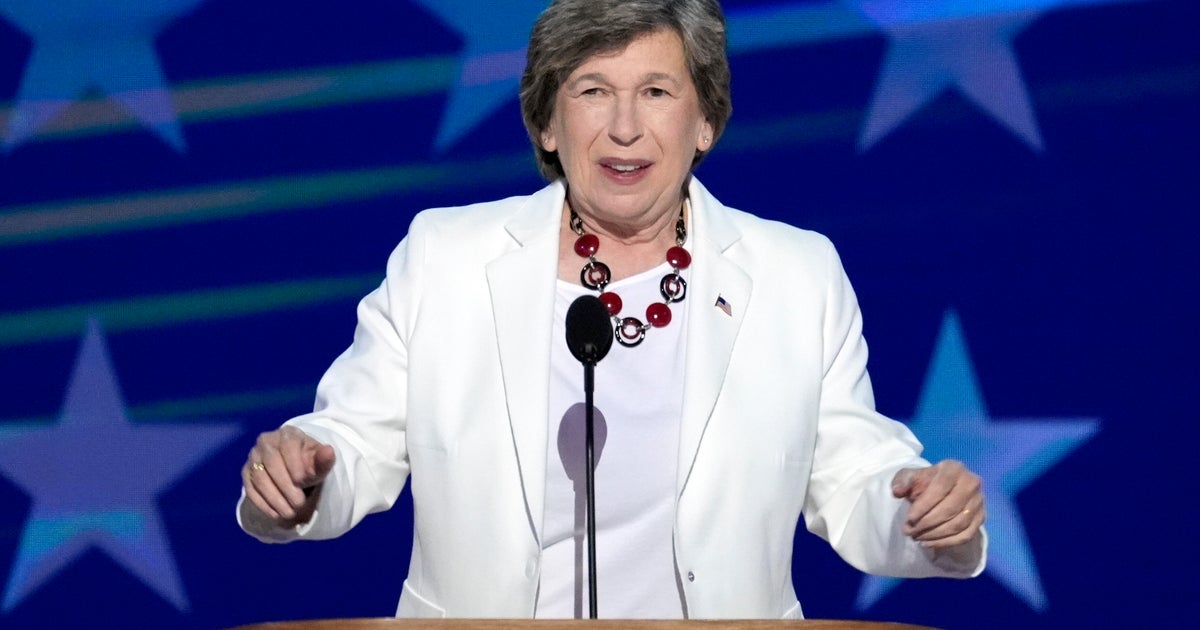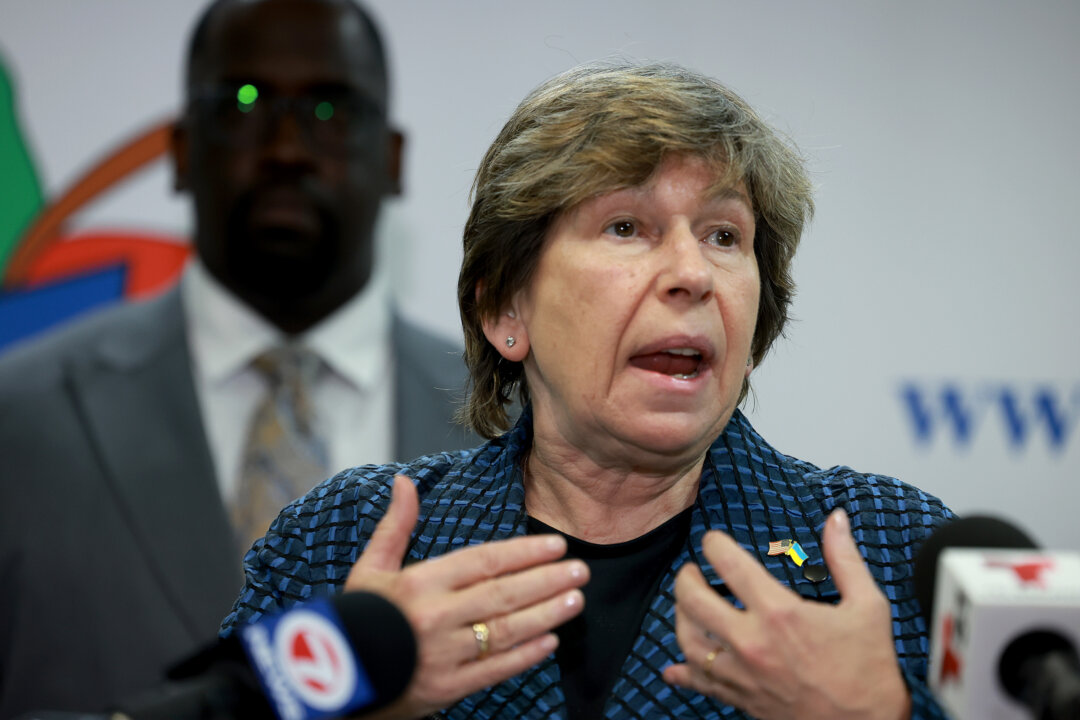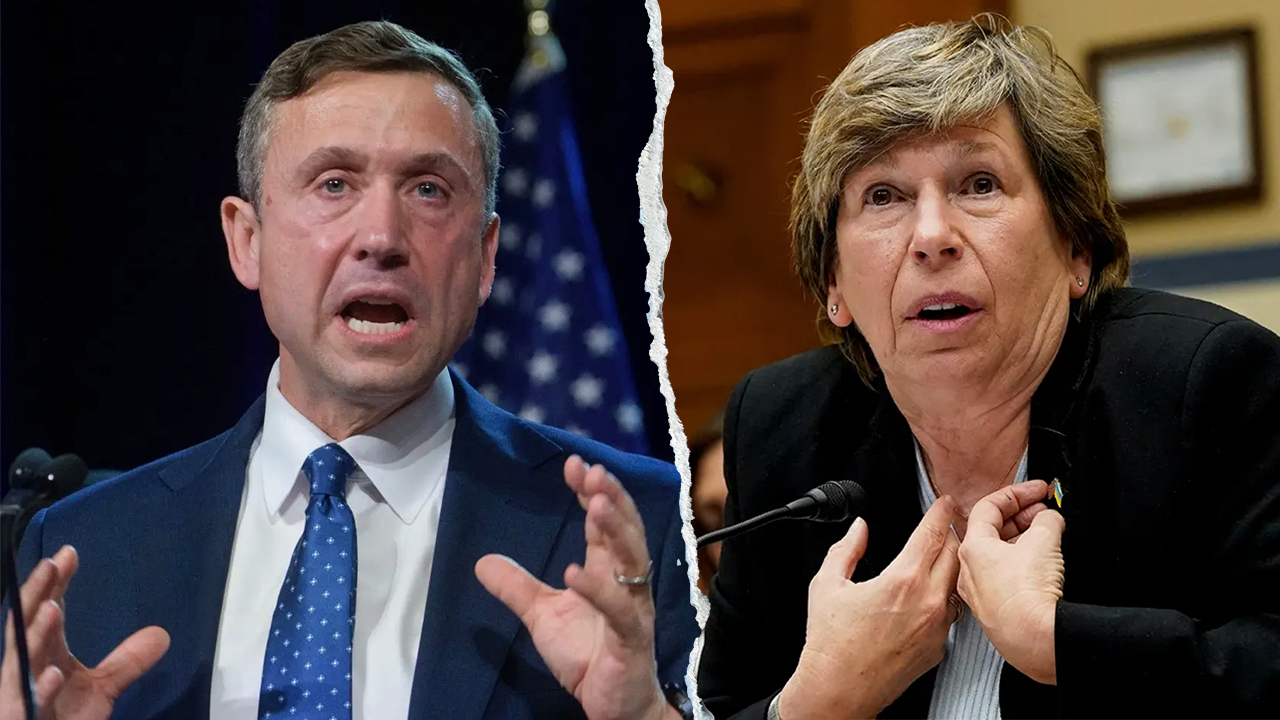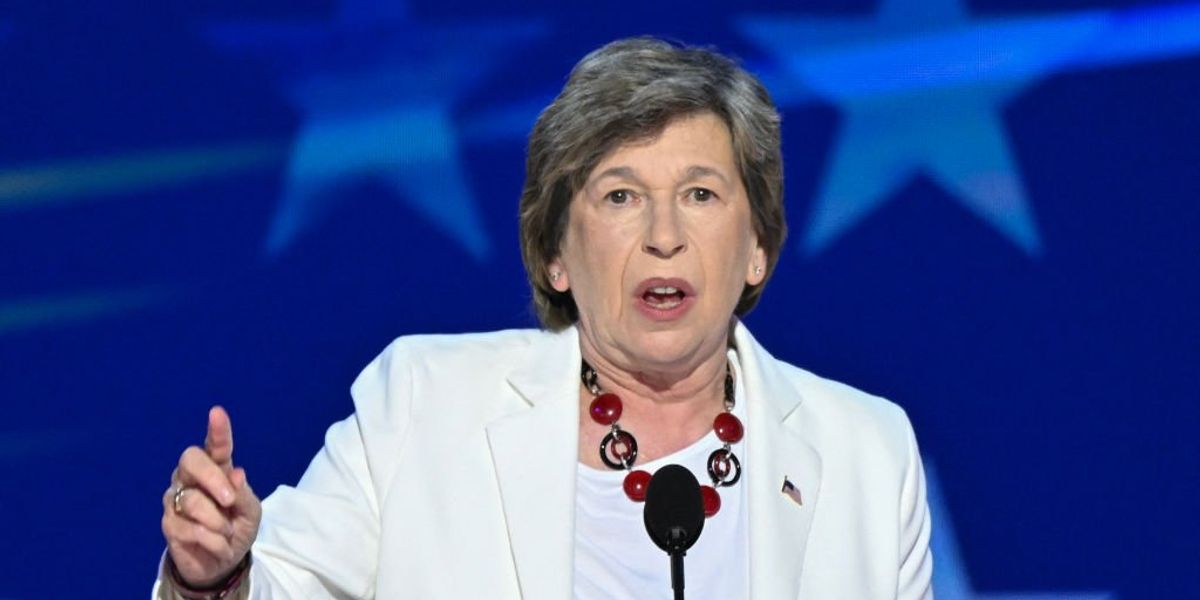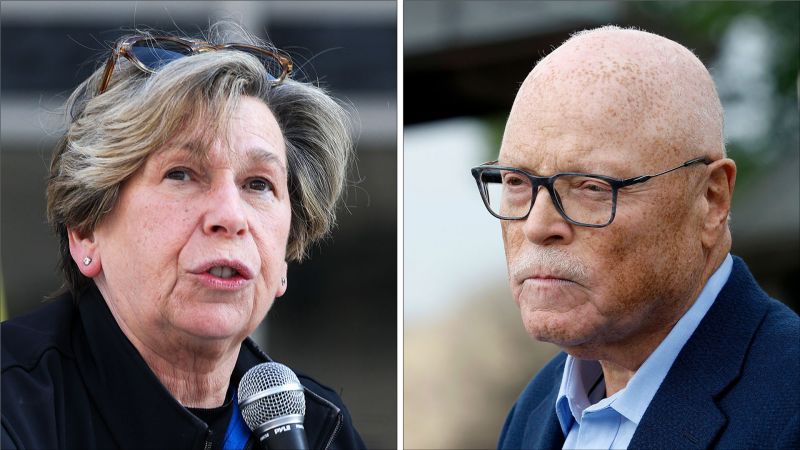Randi Weingarten Resigns from DNC Amid Leadership Disagreements
Randi Weingarten resigns from the Democratic National Committee after over 23 years, citing conflicts with new leadership and recent committee removals.
Subscribe to unlock this story
We really don't like cutting you off, but you've reached your monthly limit. At just $5/month, subscriptions are how we keep this project going. Start your free 7-day trial today!
Get StartedHave an account? Sign in
Overview
- Randi Weingarten resigned from the DNC after expressing disagreements with current leadership, marking the end of her 23-year tenure.
- Her resignation follows the removal from the Rules and Bylaws Committee by DNC Chair Martin.
- Weingarten and fellow member Lee Saunders declined to renew their nominations, leading to their departure as at-large members.
- The resignations come in the wake of David Hogg's removal as vice chair, causing unrest among prominent DNC members.
- These departures are seen as a significant blow to the Democratic National Committee's leadership structure.
Report issue

Read both sides in 5 minutes each day
Analysis
Analysis unavailable for this viewpoint.
Articles (10)
Center (1)
FAQ
Randi Weingarten resigned from the Democratic National Committee due to disagreements with the current leadership and following her removal from the Rules and Bylaws Committee by DNC Chair Martin.
Her resignation followed her removal from the Rules and Bylaws Committee by DNC Chair Martin and occurred alongside fellow member Lee Saunders declining to renew their nominations as at-large members, as well as the removal of David Hogg as vice chair.
Lee Saunders, a fellow longtime DNC member and union leader, resigned alongside Randi Weingarten after declining to renew their nominations as at-large members.
These resignations represent a significant blow to the DNC's leadership structure, causing unrest among prominent members and highlighting conflicts within the party's current leadership.
David Hogg was removed as vice chair of the DNC, and his removal contributed to unrest among prominent members, which preceded the resignations of Randi Weingarten and others.
History
- This story does not have any previous versions.

